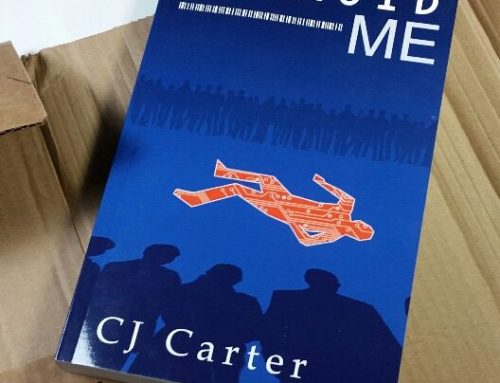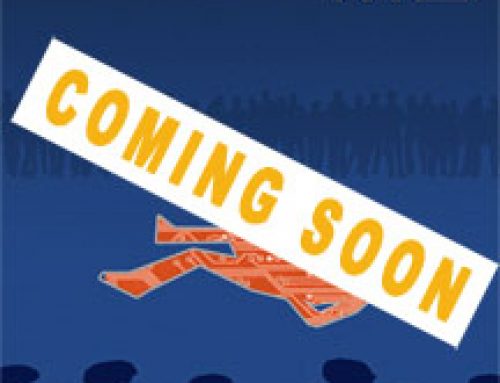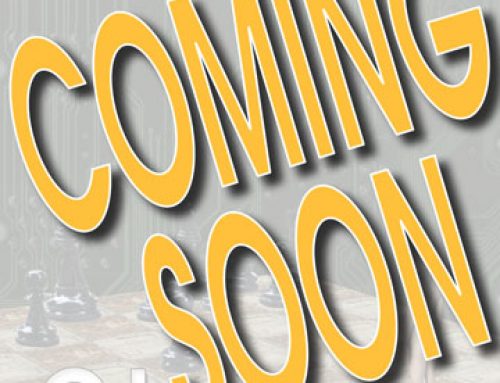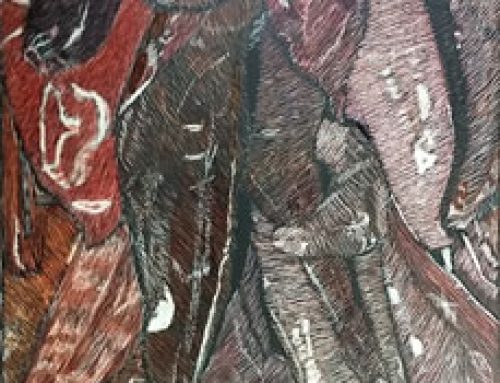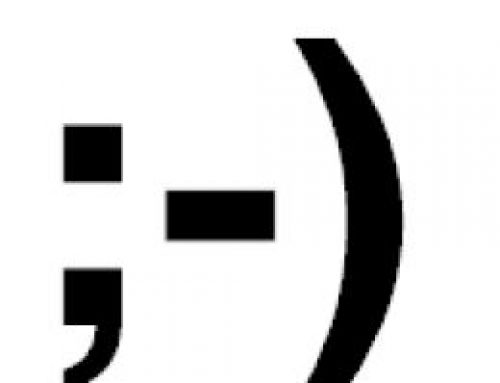I’m often surprised that after I tell people I’m a writer many become very attentive. Some are struggling writers themselves. Many are readers and are amazed with the process of creating something out of nothing. A few are people who express the desire to write, but haven’t seriously pursued it. They ask, “How do I know if I can be a writer?”
My definition of a writer is pretty simple: a writer is someone who writes simply because they can’t not write. That casts a pretty wide net that includes not only authors, screenwriters, and playwrights, but also diarists, bloggers, and multitudes of others. Generally speaking, most people want a narrower focus, but doing so requires some preconceptions I’m not comfortable with. While I might grant an addition of writers needing to finish their works (not just a draft, but through all the rewrites), it seems to marginalize a lot of creativity.
The thing is, if you have it in you to write, then you write. You write stories, even if they’ll never be read. You write letters, even though a phone call would be quicker. You volunteer to write a poem for some function because…well…someone has to, and it might as well be you. You don’t just take pictures of your vacation, you annotate them (or write a book). People think you’re antisocial because you are locked away in some office or garret for long stretches instead of visiting friends and family.
In many ways, it’s an addiction. Straying too far away from pencil and paper (or keyboard and display) can spawn the fear that some marvelous gift from a Muse will cross your thoughts, and you’ll have nothing to record it before it is gone.
Like many other types of addicts, writers tend to gravitate to one another. We talk about structure, and characters, and whether to use two or three brads when binding screenplays. We also talk about current events, and software, and why “cute as a button” can be a dangerous phrase.
Wait…if we’re writing all the time, when do we have time to talk? Funny thing, that. As much as writers have to write, they also spend much of their time finding ways to avoid writing (we use euphemisms such as: “relaxing the mind”). Writing is hard, even when it’s easy. It’s taxing. J.K. Rowling (author of the Harry Potter books), is famous for playing Minefield on her computer. Me? FreeCell–although lately it’s more often Sudoku. In terms of that “talking” I mentioned, in the age of the Internet, this usually involves discussion boards, mailing lists, and other such communities that require that you, yes, write. Ironic, huh?
Notice that I’ve made no mention of the quality of the writing. It can be bloody awful and never improve, or it can be the opposite. Just because someone writes badly doesn’t mean they are any less worthy of being called a writer than Cervantes, Alcott, or Grishom. All it really requires is the drive, the passion, and yes, the addiction. After that…published, unpublished, sold, unread…it really doesn’t matter. All that matters is that next thing you’re going to write.

